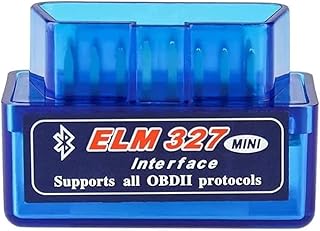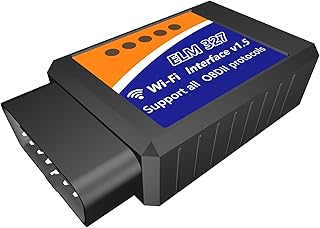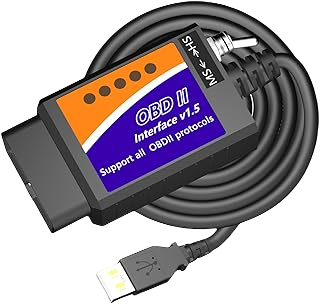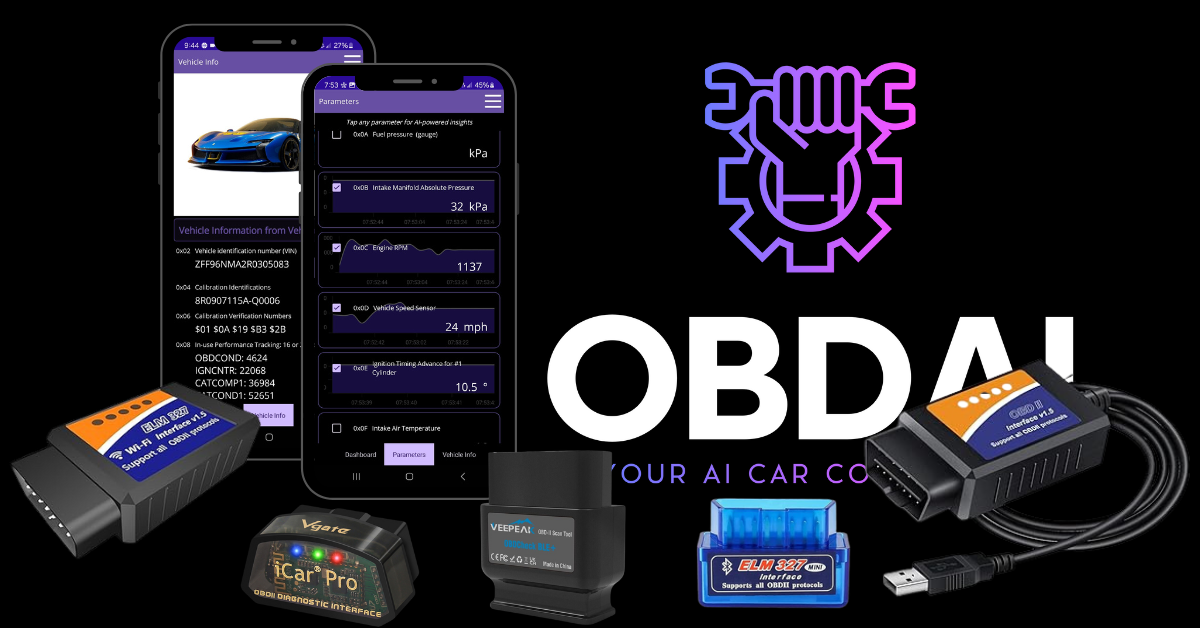OBDAI aims to make vehicle diagnostics accessible to everyone, which is why we’ve designed our app to work with a wide range of ELM327-based adapters, including budget-friendly options. Here’s everything you need to know about adapter compatibility with OBDAI.
Connection Types Supported
OBDAI supports three main connection types:
1. Bluetooth

- Classic Bluetooth (1.x-3.x): Ideal for Android users
- Bluetooth LE (4.0+): Required for iOS devices
- Fast and reliable for most use cases
- Primary recommended method for most users
2. WiFi

- Universal compatibility across platforms
- Some limitations to consider:
- Mobile devices lose internet access when connected
- Windows requires multiple network adapters for online features
- Best suited for Windows with dual network capability
3. USB/Serial (COM Port)

- Works with direct USB adapters
- Supports legacy Bluetooth adapters via COM port
- Users need to manually pair legacy Bluetooth devices first
- Requires correct COM port configuration
Tested Adapters
OBDAI has been specifically tested with the following adapters. We’ll update this list as we test more devices:
Verified Compatible
- Vgate iCar Pro BLE (Bluetooth 4.0) – Excellent performance and protocol support
- Veepeak OBDCheck BLE (Bluetooth 4.0) – Excellent performance and protocol support
- OBDCheck BLE – Good all-around performance
- Generic Blue Bluetooth Dongle – (Bluetooth 4.0) Good performance with ISO protocol support. No J1850 support.
- Generic Blue/Orange WiFi Adapter – Works well but some CAN 500 protocol issues noted. No J1850 support.
- Generic Blue/Orange USB Adapter – Good general performance. No J1850 support.
Note: While we haven’t directly tested the WiFi and Bluetooth 3.0 versions of the Vgate iCar Pro, they should work based on our testing of the BLE version.
General Adapter Guidance
While OBDAI works with most ELM327-based adapters, quality can vary significantly. Here’s our experience-based guidance:
Recommended Features
- Support for multiple OBD protocols
- Stable firmware (v1.5 or v2.1 are generally reliable)
- Proper voltage protection
- Good build quality
Quality Tiers
Premium Options ($80-100):
- OBDLink MX+
- OBDLink CX
- vLinker devices
- Best choice for professional use
Mid-Range Options ($30-50):
- Vgate iCar Pro
- Veepeak OBDCheck
- Good balance of reliability and cost
Budget Options ($10-25):
- Generic ELM327 adapters
- Can work well but quality varies
- Recommended for casual use
Protocol Support
Based on our testing:
- Most adapters handle basic OBD-II protocols well
- CAN protocol support is generally good, though some cheaper WiFi adapters may have issues with CAN 500
- SAE protocol support varies – our testing shows the blue Bluetooth dongles often support these well
- If you need specific protocol support, we recommend testing before relying on it for critical tasks
Making Budget Adapters Work Well
If you’re using a budget adapter, follow these tips for best results:
- Initial Testing
- Test basic connectivity first
- Verify adapter responds to AT commands
- Check supported protocols match your vehicle
- Optimizing Connection
- Keep adapter within 2-3 meters of your device
- Remove other Bluetooth devices if experiencing interference
- For WiFi adapters, disconnect from other networks first
- Troubleshooting Common Issues
- Connection drops: Try reducing polling rate
- Slow responses: Enable “Fast Mode” if available
- Protocol errors: Manual protocol selection may help
Configuration Tips
Android Users
- Enable “Show Bluetooth devices without names” if adapter isn’t visible
- Allow location permissions for Bluetooth scanning
- Try both secure and insecure connection modes
iOS Users
- Only Bluetooth LE (4.0+) adapters are supported
- WiFi adapters work but require manual network switching
- Keep iOS updated for best Bluetooth compatibility
Windows Users
- Install proper COM port drivers if needed
- Note down correct COM port number
- Multiple connection attempts may be necessary initially
Safety Considerations
While OBDAI works with budget adapters, we recommend:
- Never leave adapter plugged in when vehicle is unattended
- Disconnect adapter if any electrical issues are noticed
- Consider voltage protection for older vehicles
- Test critical functions before depending on readings
Ongoing Support
OBDAI continuously improves adapter support through:
- Regular firmware compatibility updates
- Enhanced connection stability
- New protocol support
- User-reported issue fixes
Remember: The most expensive adapter isn’t always necessary – many users get excellent results with budget options when used properly with OBDAI.
Need Help?
If you’re experiencing adapter issues:
- Check our troubleshooting guide
- Try basic diagnostics mode
- Contact support with your adapter details
- Join our community forum for peer assistance
OBDAI is committed to making car diagnostics accessible while maintaining reliability, regardless of your adapter choice.


